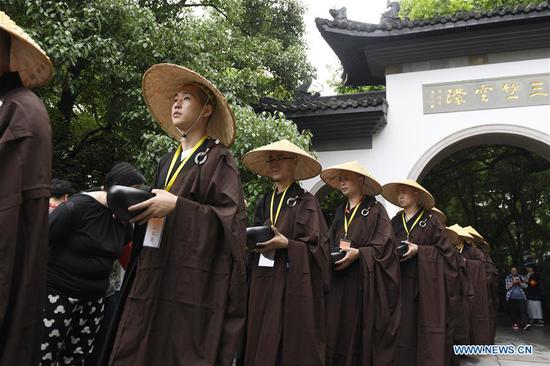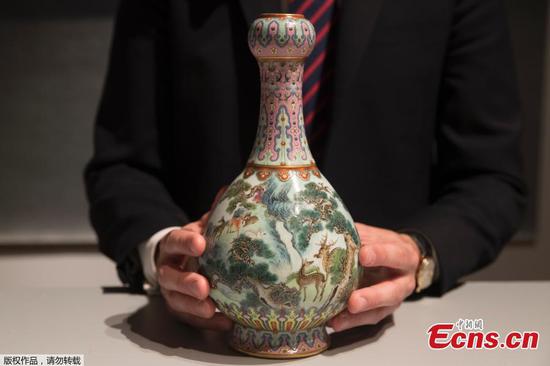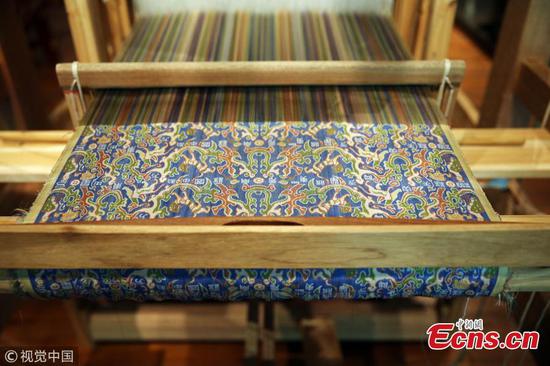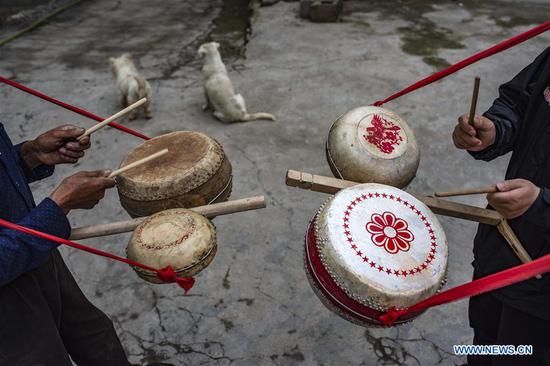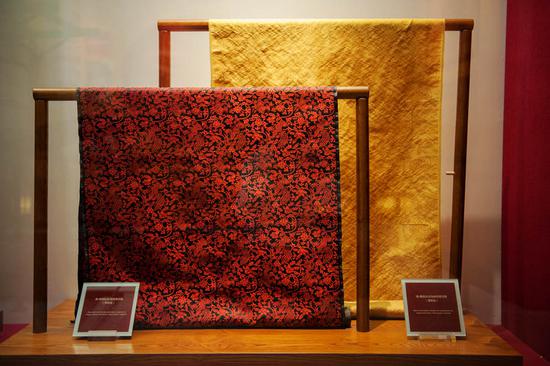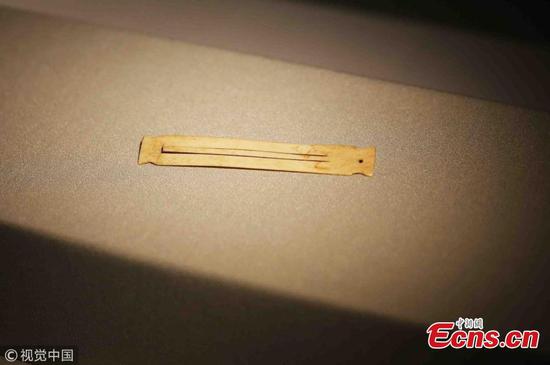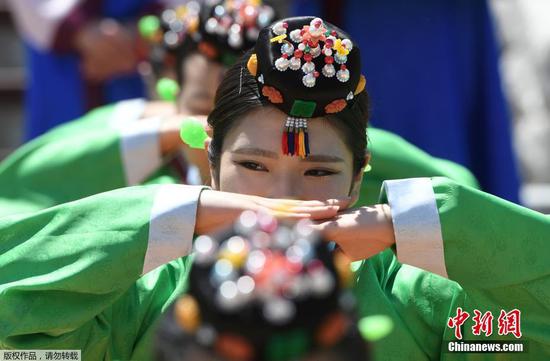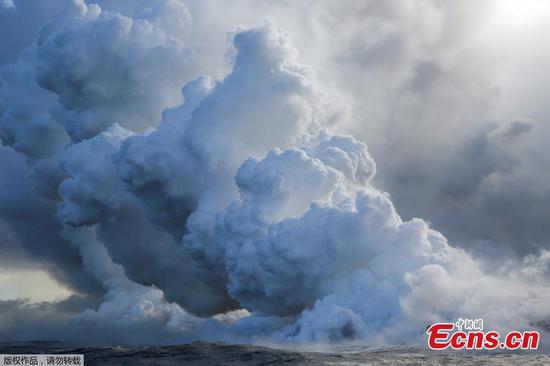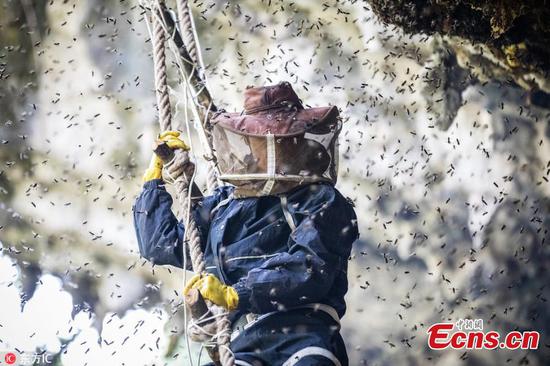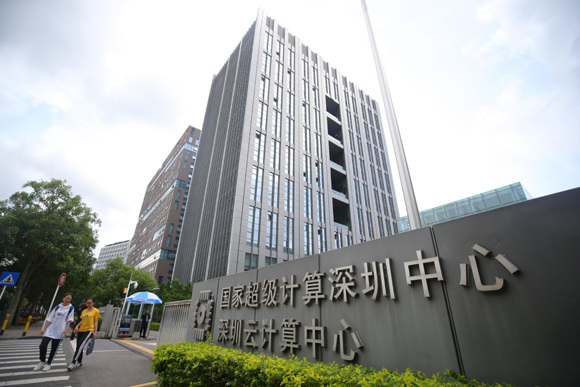Two major technology companies in China are at odds again as one has accused the other of intentionally blocking its content from its platform.
WeChat, a social messaging platform developed by Tencent Holdings, issued a revised version of rules on external links on Monday, deleting a "requirement for government certificates before disseminating content containing audiovisual programs through external links."
The rules, first issued on Friday, were intended to manage content to protect users' privacy, but they posed a threat to dozens of short video platforms including Douyin, Kuaishou and huoshan, as users were unable to share their content on WeChat's platform.
The rules came after a video from Douyin, developed by Beijing-based news and entertainment company Beijing Bytedance Technology, also known as Jinri Toutiao, was banned from being shared on WeChat on Friday. The video went viral on Friday, which was also the 42nd International Museum Day.
"The ban attracted much attention, and it will at least affect 30 apps," Bytedance said in a statement sent to the Global Times on Monday.
After WeChat revised the rules, it said that the platform will study the case together with app developers for better management, Bytedance noted.
"Still, several of our video apps could not be played on the WeChat platform," it said.
Zhang Yiming, Bytedance's CEO, earlier quarreled with his counterpart at Tencent, Pony Ma Huateng, on WeChat Moments by accusing Tencent of plagiarizing Douyin, media reports said earlier this month.
It is widely believed that the recent move is part of Tencent's strategy to compete with its rivals to gain larger market share, Liu Dingding, a veteran industry analyst, told the Global Times on Monday. "It is a smart but ruthless move, as Tencent is willing to sacrifice the videos it invested in itself to block all such videos," he said.
Kuaishou, a short-video app backed by Tencent, said it would not comment on the rules, a PR representative from Kuaishou told the Global Times.
Tencent did not make a ban list for targeted video platforms.
"Tencent's own video product Weishi is also affected by the rules," Tencent's PR representative said in a statement sent to the Global Times on Monday.
The rules are designed to improve users' experience in WeChat Moments, reduce harassment and enhance the quality of content containing audiovisual programs.
The market for short videos rose 184 percent last year to 5.73 billion yuan ($908.6 million), and it is expected to exceed 300 billion yuan by 2020, according to a report released by Beijing-based consultancy iResearch in December 2017.















